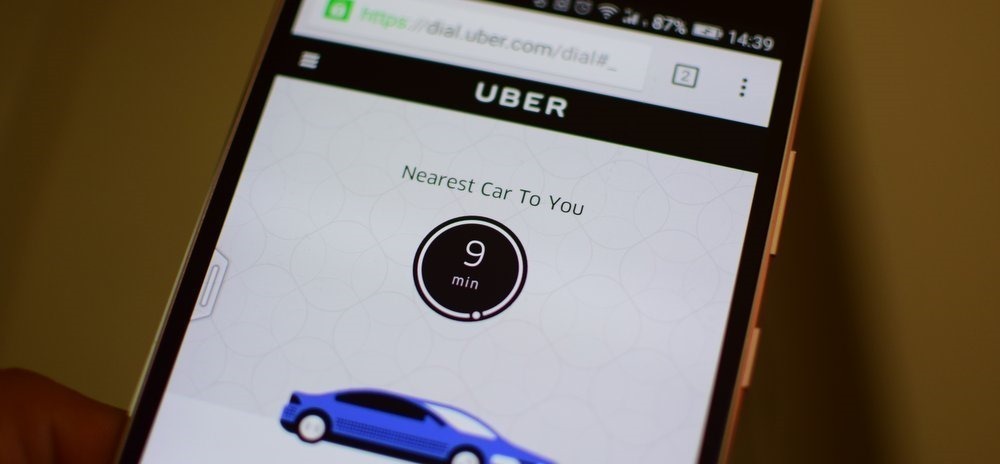3 Year Old Uber India Has Officially Beaten 9 Year Old Meru, 10 Year Old Easy Cabs

Way back in 2014, we had said that Uber is disrupting $9 billion Indian taxi market, and existing players such as Meru, Easycabs should be concerned.
Within three years of their launch in India, Uber has officially beaten their three times older competitors, thereby proving our disruptive theory correct.
During 2015-16, 3-year old Uber India has posted revenue of Rs 374 crore, compared to Rs 323 crore revenues posted by Meru and Rs 216 crore revenues posted by Easy Cabs.
We are emphasizing on the term ‘official’ here, because these data are being extracted from the filing done with the Registrar of Companies (RoC).
This stunning achievement by Uber can gauged from the fact that just a year ago, Uber India had posted revenues of Rs 69 crore, while Meru had posted revenues of Rs 289 crore while Carzonrent, which operates Easy Cabs, posted revenues of Rs 263 crore.
Hence, while Meru increased their revenue by 11%, Easy Cabs decreased their revenues by 17%; Uber India managed to increase their revenues by 442% or almost 5-times.
If disruptiveness has any official definition, maybe it’s these numbers.
Note here, that Ola hasn’t yet declared their revenues for 2015-16, hence the comparison with Ola can’t be made now. However, In June this year, documents accessed by Mint showcased that Ola’s revenues stood at Rs 418 crore (for 2015-16), compared to Rs 51.5 crore revenue posted a year earlier. Besides, they also reported 20-fold increase in losses to Rs 754.87 crore.
Meru was launched in April, 2007 while Easy Cabs started operations in June, 2006.
Easy Cabs Justifies Their Losses
When asked about their 17% drop in revenues, Easy Cabs has provided a justification.
Rajiv K Vij, CEO, Carzonrent attributed the losses to their decision to selling their lease business to Japanese conglomerate Sumitomo Corporation in September 2014. He said, “We had sold that division for Rs 200 crore and there was a significant revenue from the business that doesn’t come into our portfolio.“
Pointing fingers towards Uber, and their disruptive business model, he said, “We are not buying business like some others; we are doing a sustainable business and our operations are continuously growing, it is profitable. That’s the difference between our business and theirs..”
We must share here that both Meru and Easy Cabs own their own taxis, while Uber and Ola doesn’t own a single cab.
Uber is continuing their expansion in India, as they recently partnered with IRCTC for ferrying rail passengers; updated their app and powered it with more features; launched uberMoto for bikes; launched innovative campaigns for their drivers as well.
On the other hand, Meru is still attacking Uber over ‘breaking Indian laws’, forming associations and filing court cases against them.
In the fight between innovation and status-quo, it is innovation which wins. Always.
